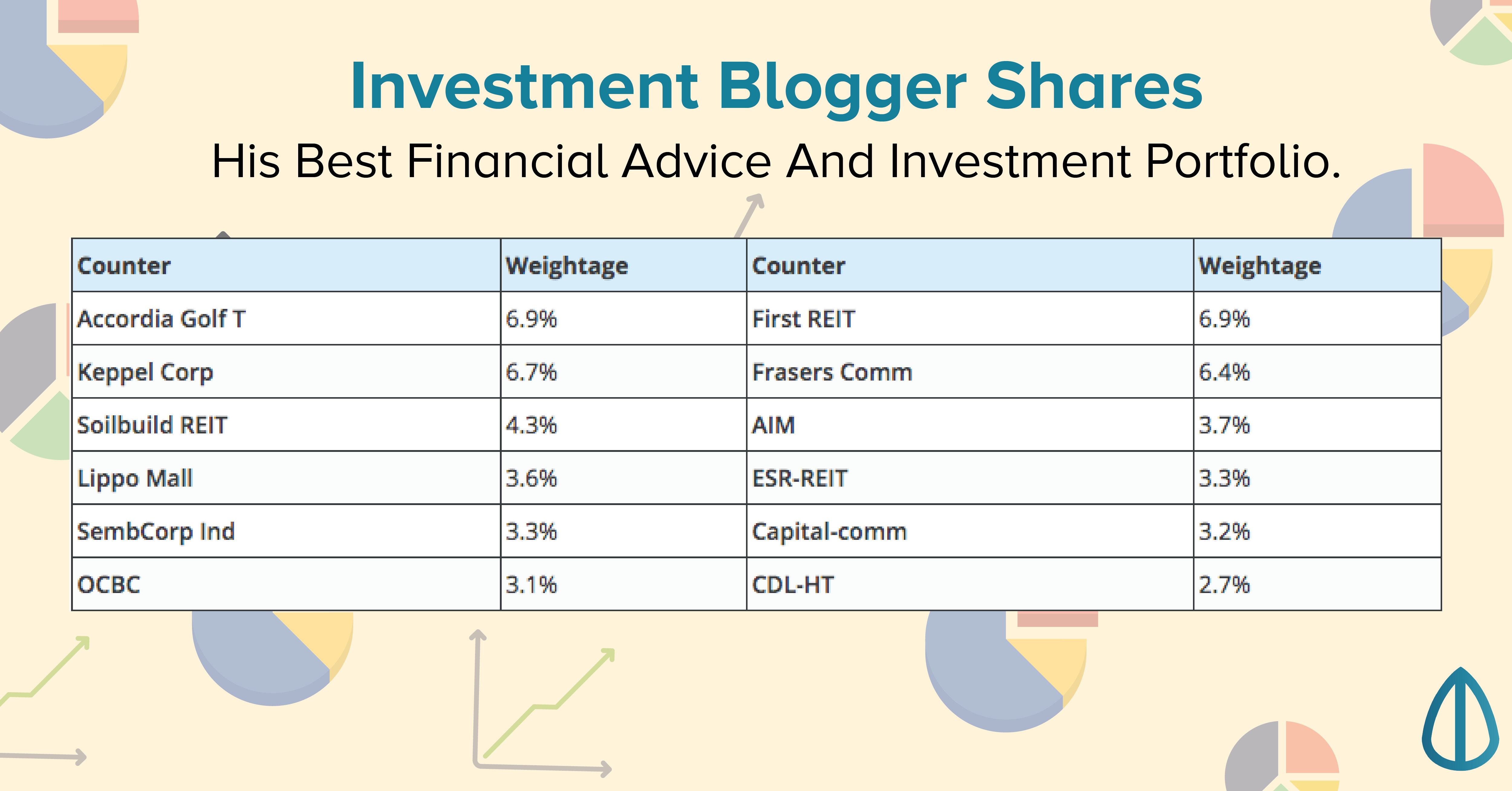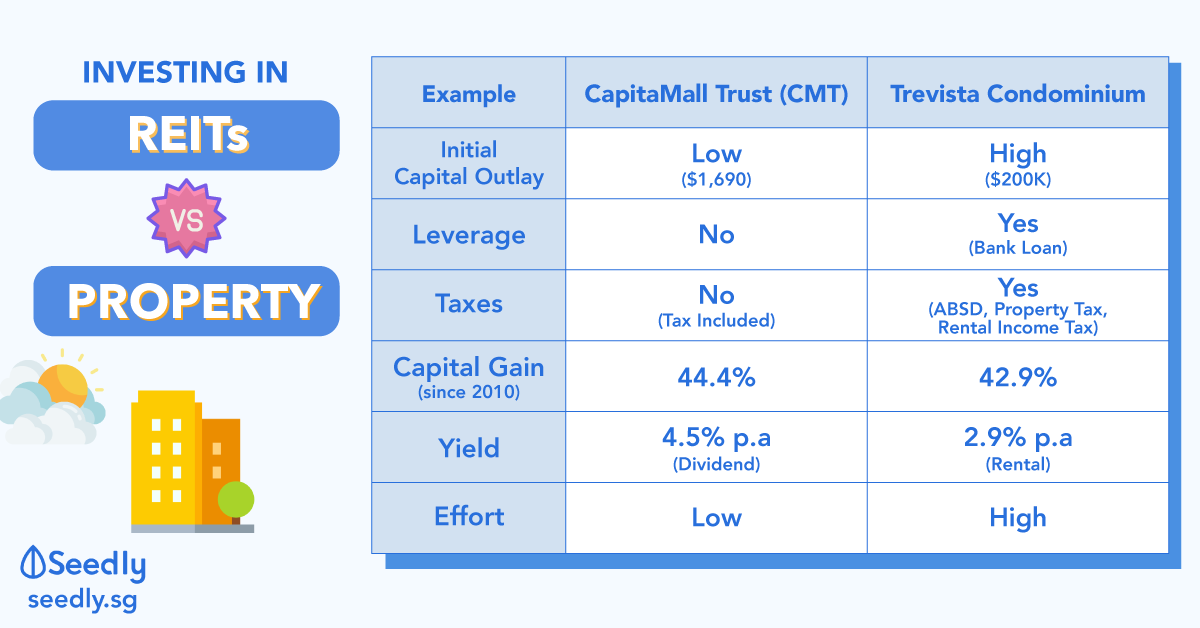Advertisement
Property Investing
Property Investment is often seen as a lucrative avenue to generate passive income and route to multiply one's wealth. Given the strict regulations imposed by the government such as Additional Buyer Stamp Duty (ABSD) and Seller's Stamp Duty (SSD) as well as external factors like Mortgage Rates, Property Tax, Rental Income Tax, and Capital Gain Tax. Also with respect to the ever-evolving cyclical market, how much is truly enough to get started into property investment?
Appreciate any advice and input!
3
Discussion (3)
Learn how to style your text
Chris cctzjd
16 Nov 2023
Own time own target at Self Employed
Reply
Save
Larry Mah
07 Nov 2023
Property Agent at Propnex
DISCLAIMER: Property agent here, DYODD. Not investment advice.
Hello Jye Chiam,
Glad to see a fellow property investor who is well-versed in the strict regulations as well as the cyclical market. I also believe that with discipline, property investment is a lucrative avenue to either generate passive income or multiply one's wealth.
Now back to your question - how much is truly enough to get started into property investment?
- Budget and Savings: Assess your financial situation and determine how much you can comfortably invest without straining your finances. For this, I recommend a 20% buffer of your loan quantum.
- Market Knowledge: Educate yourself about the property market, local regulations, and property investment strategies. The more you know, the better equipped you'll be to make informed decisions.
- Property Type: The amount needed can vary significantly based on the type of property you want to invest in. For example, residential, commercial, or industrial properties have different price points. Different regions (OCR/RCR/CCR) has different price points as well.
- Location: Property prices can vary greatly depending on the location. Research areas that align with your budget and investment goals and look at the government's URA masterplan.
- Government Regulations: Stay updated on government policies like ABSD and SSD, as they impact your investment costs. Different regulations apply to Singaporean and foreign buyers.
- Financing Options: Explore financing options, such as bank loans or leveraging your Central Provident Fund (CPF) savings. These can reduce the upfront capital required.
- Risk Tolerance: Consider your risk tolerance. Property investments can tie up your capital for extended periods. Ensure you're comfortable with this illiquidity.
- Market Timing: While market timing can be challenging, it's essential to enter the market when conditions are favorable for your investment strategy.
- Professional Advice: Consult with property experts or financial advisors to get personalized advice based on your financial goals. As an agent, we calculate your finances to make sure you do not over commit to your property and we ensure that your entry price is right. All this with our tech tools and experience to strategise your best move. You can call me at 80 321 321 (non-obligatory) and let's work something out for you.
There's no fixed amount that's universally "enough" for property investment, as it varies from person to person. Careful planning, research, and a clear investment strategy are crucial. Additionally, ensure that you're financially prepared to weather market fluctuations and potential challenges that may arise during your property investment journey.
All the best!
Larry Mah
Reply
Save
- Get a job, get marry...
- Make sure the combined income are sufficient to get a loan from the bank...
Read 1 other comments with a Seedly account
You will also enjoy exclusive benefits and get access to members only features.
Sign up or login with an email here
Write your thoughts
Related Articles
Related Posts
Related Posts
Advertisement










Buy BTO as first property